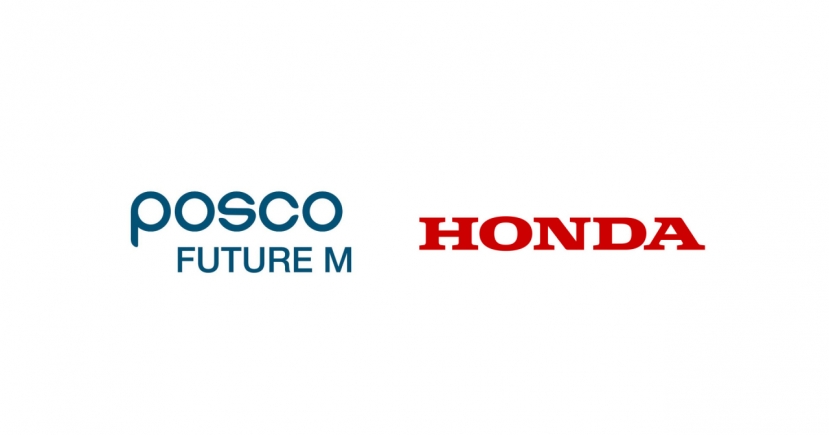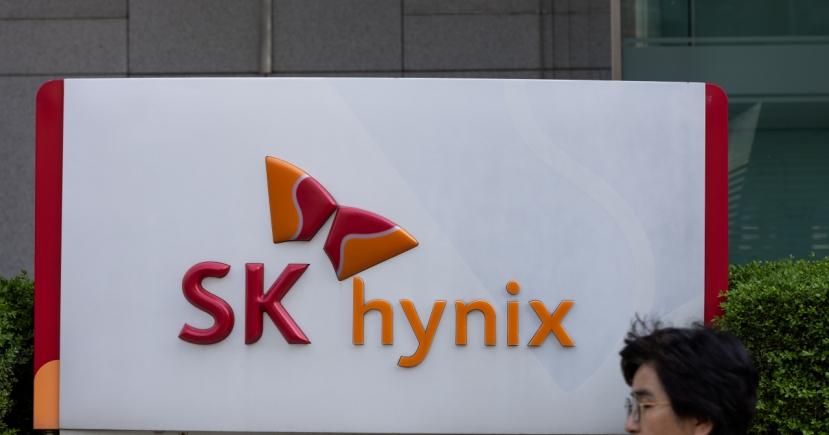Market Now
Korean stock market could duplicate Japan's bull run: Shinhan chief
 |
Shinhan Financial Group Chairman Jin Ok-dong (Shinhan Financial Group) |
Shinhan Financial Group Chairman Jin Ok-dong believes that undervalued Korean stocks including his banking group’s shares could gain impetus with the government’s strong drive with its upcoming market revamp program aimed at creating a new investment wave.
With the Korean financial authorities set to put forward detailed schemes to iron out deep-seated low valuation of Korean stocks this month, listed companies and investors are paying keen attention to what would be included in the policy package to revitalize the equities market.
“There is a lot of anticipation about the program aimed at resolving Korean discount,” Jin said during a recent interview with Bloomberg Television.
Korea discount refers to a phenomenon in which Korean listed companies are usually undervalued compared to their foreign counterparts due to various factors like low dividend payouts, geopolitical instability stemming from North Korean threats, and opacity in corporate governance and accounting.
“One of the policies may include creating a prime index bundling blue chips, low price-to-book ratio stocks and then putting that into an exchange-traded fund. I think that could be a huge catalyst,” he said.
Including Shinhan, the low PBR of the banking stocks here has been a long-standing problem. The stock of Shinhan Financial Group, Korea’s second-largest financial conglomerate with a total asset of some 676 trillion won ($506.1 billion) is traded at 43,050 won a piece as of Thursday morning.
“It's true that we are (Shinhan stock) very undervalued because our PBR is around 0.41. I think the PBR should go up to a point where it's recognized by the market,” he said.
A PBR of less than 1.0 means that the market value of the company is less than its book value.
The chairman expected that Korea could see a large inflow of cash into its stock market that Japan has seen partially backed by a government-led stock market reform package including a large share buyback program and the Tokyo Stock Exchange’s incentive program for listed companies to boost valuations and earnings.
“Last year, Japan implemented very effective programs. We saw a lot of money going into Japan and we think the (Korean) authorities are coming around to this,” he said.
Japan’s new tax-saving investment program Nippon Individual Savings Account also prompted global investors to sink their money into Japan due to expectations that retail investors would buy more Japanese equities through the savings account.
“I think that if the shareholder return policy is established well. We can repeat what Japan has done with a very good mix of policies,” he said.
On Tuesday, the Nikkei index surged to hit a new 34-year high, continuing the market’s bullish momentum after having remarkable rallies in 2023 with its benchmark Nikkei 225 gaining 28 percent, the fastest expansion in a decade.
The chairman said the banking group will continue to buy back and cancel treasury shares every quarter this year regardless of economic conditions.
“Compared to returning 36 percent of profits to shareholders last year, we will increase this to 40 percent this year,” he said.
“With regulators taking a stance that they would not be involved in a big way with shareholder returns as long as there is sufficient capital. The mood is favorable (for increasing shareholder returns),” Jin added.
By Park Han-na (hnpark@heraldcorp.com)








